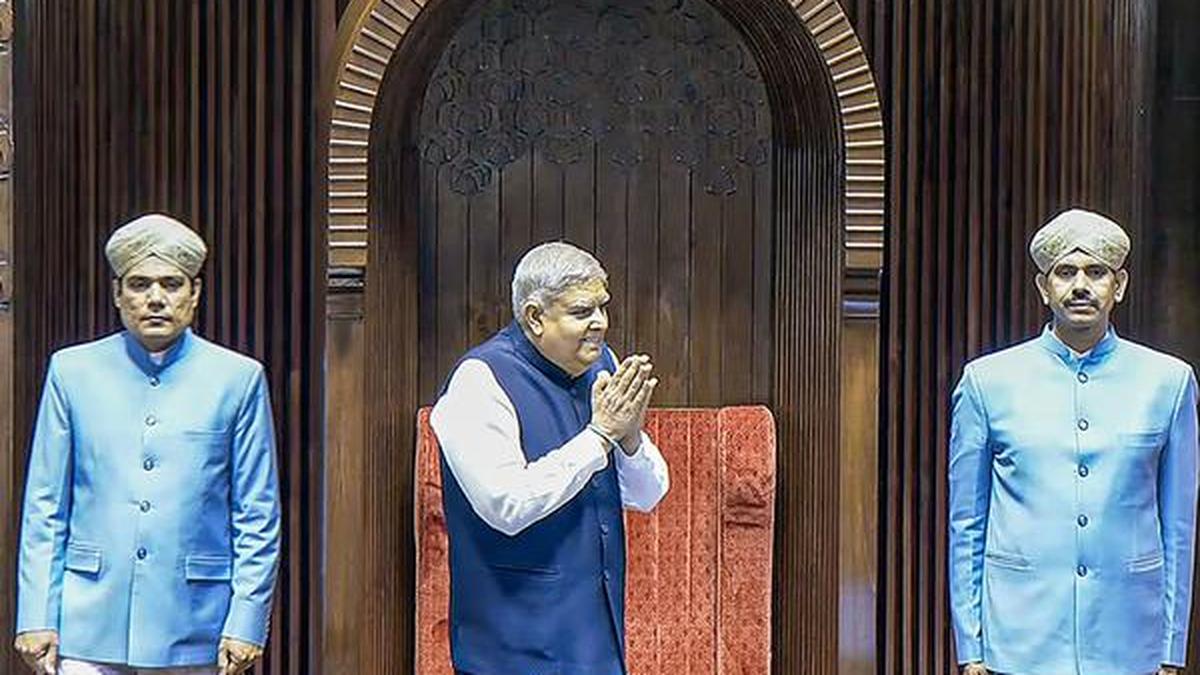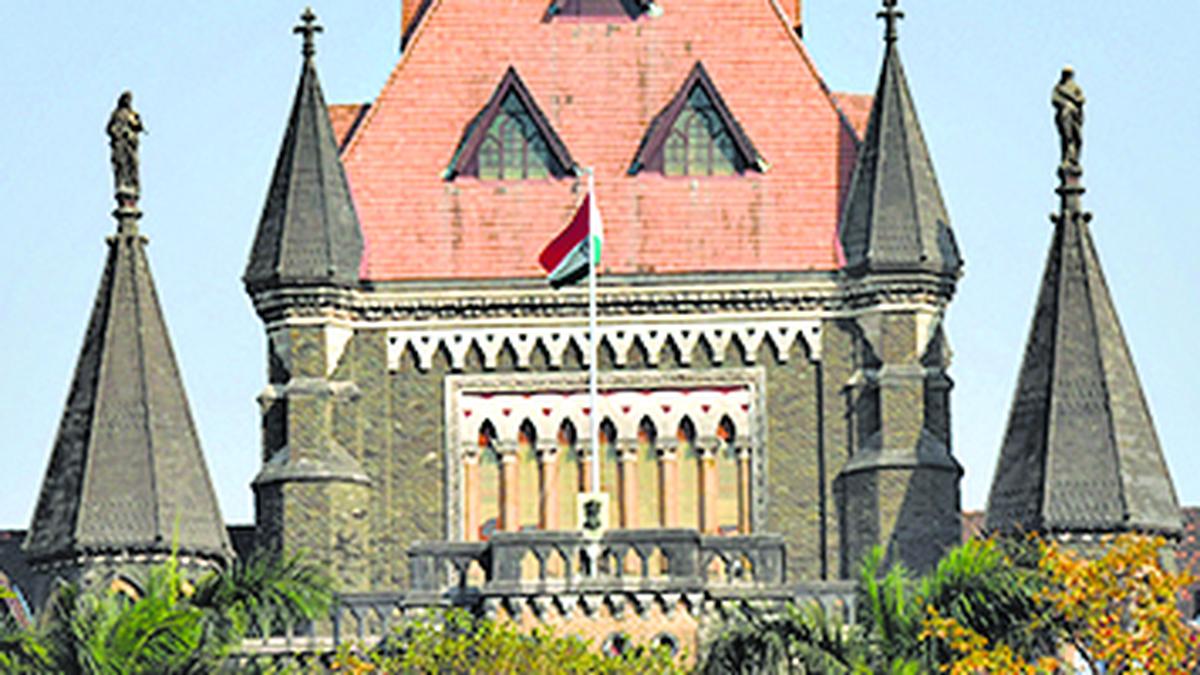
Jagdeep Dhankhar
| Photo Credit: ANI
On July 21, 2025, Vice-President Jagdeep Dhankhar resigned from his post by submitting a letter to President Droupadi Murmu, in which he stated that the resignation was being tendered in accordance with Article 67(a) of the Constitution of India. His letter cited personal health concerns as the reason for stepping down.
The Ministry of Home Affairs added his resignation letter to the Gazatte the next day, thus making it official.
Also Read: Congress says ‘far deeper reasons’ behind Vice-President Jagdeep Dhankhar’s resignation
The Vice-President of India holds office for a term of five years from the date of entering office, as outlined in Article 67 of the Constitution. However, the office can be vacated earlier through resignation, removal, or death. Article 67(a) allows explicitly for resignation:

““The Vice-President may, by writing under his hand addressed to the President, resign his office.”
”Constitution of India, Article 67(a)
Mr. Dhankhar, who is also the Chairman of the Rajya Sabha, resigned hours after he presided over the first sitting of the Rajya Sabha as chairperson during the Monsoon Session of Parliament, which began on July 21. Mr. Dhankhar, 74, assumed office in August 2022 and his tenure was till 2027.
Also Read: Parliament Monsoon Session Day 2 updates
What does Article 67(a) state?
Article 67 of the Constitution outlines the conditions under which the Vice-President can resign from office. Clause (a) refers to voluntary resignation by the Vice-President through a written letter addressed to the President of India. This provision does not require parliamentary approval and takes effect immediately upon receipt by the President.

What happens after the resignation?
Following a resignation under Article 67(a), the office of the Vice-President becomes vacant. The Rajya Sabha, where the Vice-President serves as ex-officio Chairman, is temporarily presided over by the Deputy Chairman. The Election Commission of India is responsible for initiating the election process to fill the vacancy, following procedures laid out in the Presidential and Vice-Presidential Elections Act, 1952.

Resignation under Article 67(a) is a straightforward process with no legal or parliamentary barriers. Once the President accepts the resignation, the process is deemed complete. Vice-President Dhankhar is among the few holders of the office to have resigned before completing the five-year term.
The constitutional process for electing a new Vice-President is now expected to follow.
Published – July 22, 2025 02:19 pm IST


